Celtic rebuild as Champions League horror group awaits
How do Celtic replace their summer departees?

Transfer deadline day in England. TV presenters scream, the internet is awash with rumours, and the more ridiculous fans will surround reporters outside every football stadium. But if you’d listened closely, you might have heard the Scottish transfer window quietly creak shut a day earlier.
You could be forgiven for missing it. As huge sums of money were thrown around Europe, Scottish clubs tried to scrape up the final few pennies released by their chief executives and chairmen.
The SFA confirmed a mere 12 transfers on the final day of the transfer window; League Two minnows Annan Athletic were the busiest, bringing in three loanees. It’s not exactly the kind of business to get Jim White hyperventilating.
That said, there was still some interesting business by champions Celtic. There had to be: over summer, the side that had received so many plaudits for defeating Barcelona on the way to the Champions League last 16 has been torn apart. Victor Wanyama was the standout player in the run, Gary Hooper was the side’s main goal threat, and Kelvin Wilson was the underappreciated rock at the back.
Get FourFourTwo Newsletter
The best features, fun and footballing quizzes, straight to your inbox every week.
As this year’s premier European competition comes around the corner, all three of these players have left for various clubs in England in multi-million pound deals. The threadbare Hoops reached the Champions League group stages with a narrow victory over Kazakhstan outfit Shakhter Karagandy, but Neil Lennon looked to improve his side with some new faces.
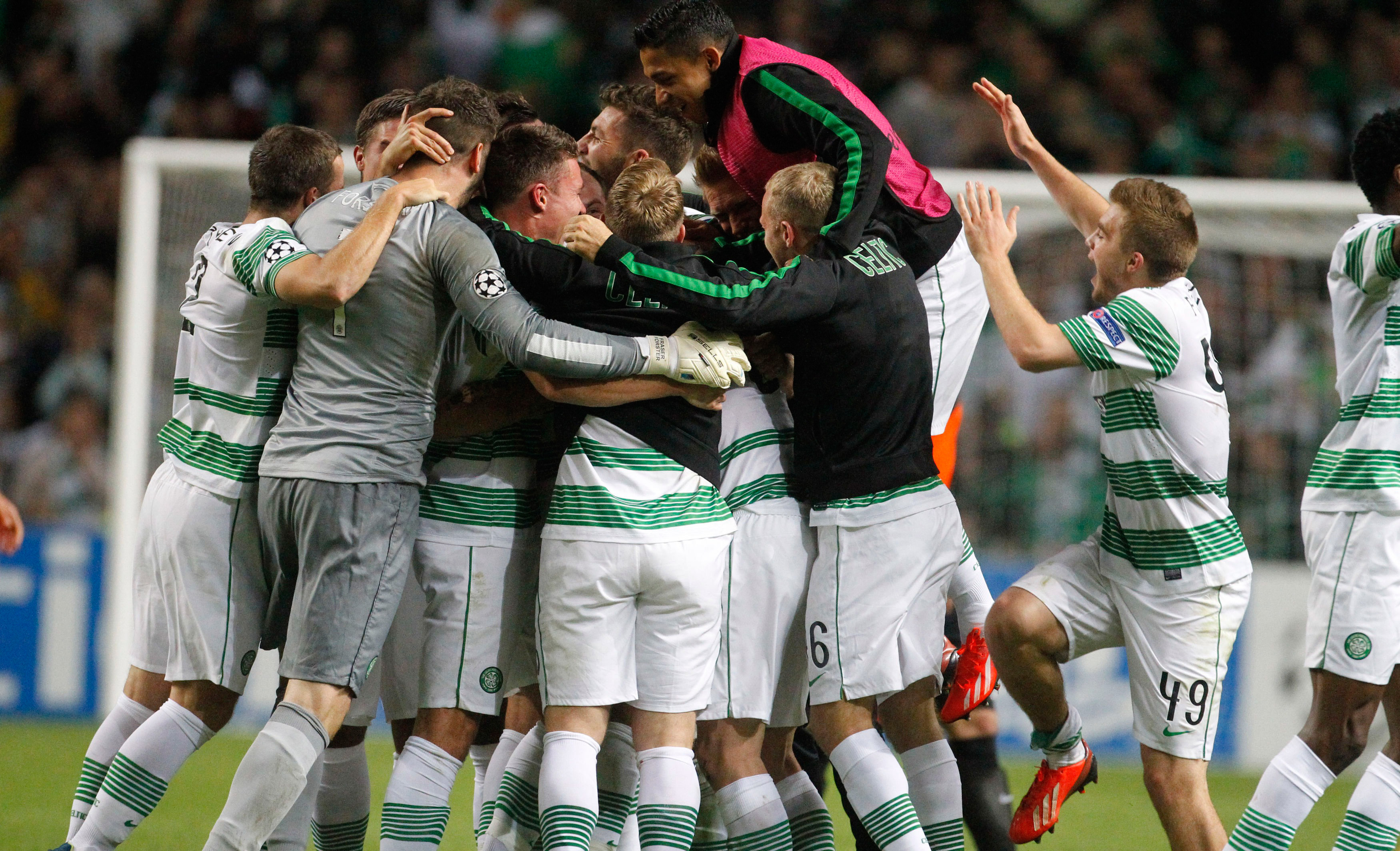
This became essential as a difficult draw thrust the Hoops into this year’s group of death: Barcelona, AC Milan, and Ajax joining in a selection made up entirely of former competition winners.
Two days before the window closed, Celtic signed young Israeli midfielder Nir Biton. New centre-backs Virgil van Dijk and Steven Mouyokolo give options after Wilson’s move to Nottingham Forest. But it’s new-look frontline that will excite the Parkhead faithful.
The Hoops have heavily relied on the strike pairing of Georgios Samaras and Hooper; the latter scored 82 in 137 Celtic appearances and his move to Norwich leaves a huge gap in the team. It’s up to new Bhoys Teemu Pukki and Derk Boerrigter to fill it.
Samaras is a key man for Celtic, his runs constantly making him available for his team-mates. In big games Samaras was often the only man dragging them out of their own half, with the quick turnover from defence to attack key to the side’s run in the competition.
Take Celtic’s last-16 tie against Juventus: although constantly pegged back, his team-mates could rely on him to be available as an outlet.
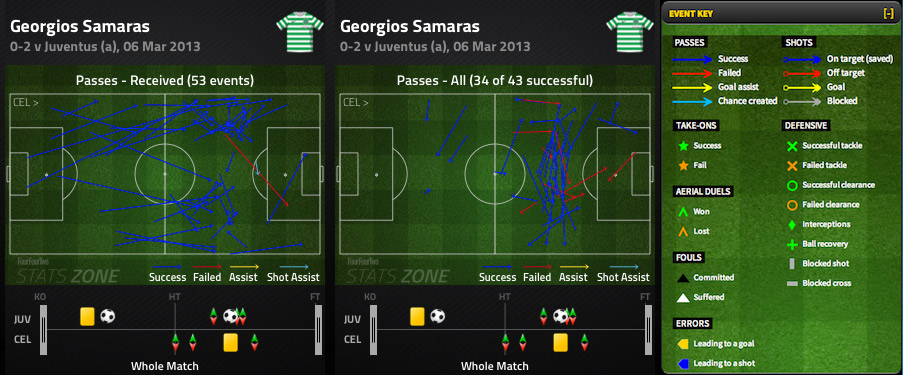
Samaras’s ability to retain possession allowed Hooper, a fairly static striker who often relied on the Greek’s movement to break forward and put the ball in the net.
Celtic’s new signing from Ajax, Derk Boerrigtor, was a bargain for a player with a wealth of Champions League experience. The £2m Dutch international will offer more cover on the wing than Samaras.
While the latter is often allowed freedom behind the striker, Boerrigtor plays more comfortably on the right wing, and is willing to track back. However, he offers a burst of pace that can allow his team to break quickly.
Boerrigtor was his side’s standout performer in last December’s defeat at Real Madrid. The Dutchman dominates the right wing from box to box, and can produce the odd goal as seen from the game at the Bernabeu.
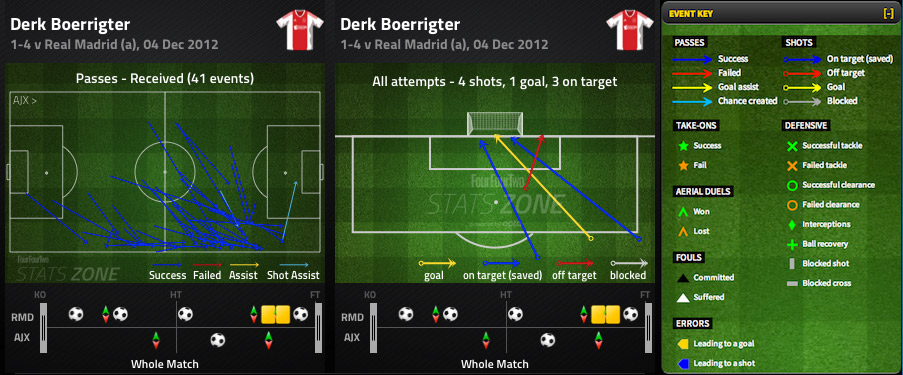
While the winger is a solid addition, he’s not necessarily expected to replace Hooper. If that responsibility falls to any one player, it’s Finnish youngster Teemu Pukki.
Used sparingly at Schalke, often as understudy to Klaas-Jan Huntelaar, Pukki remains an unproven quantity on the European stage. A rare Champions League start, at Montpellier, painted an interesting picture of Celtic’s new acquisition.
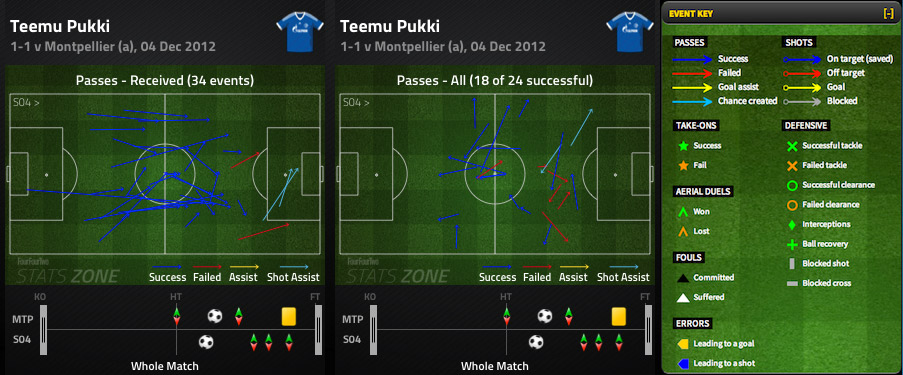
While the striker consistently offers himself as an option for team-mates he has yet to prove his goalscoring prowess. As with both Samaras and Boerigtor, Pukki was often the supplier and man building the moves rather than the player smashing home the goals.
Often the man to assist Huntelaar, Pukki is still up for debate as a striker. With his similar style to Samaras, it’s difficult to see where the goals will come from, and if they can work together as a partnership.
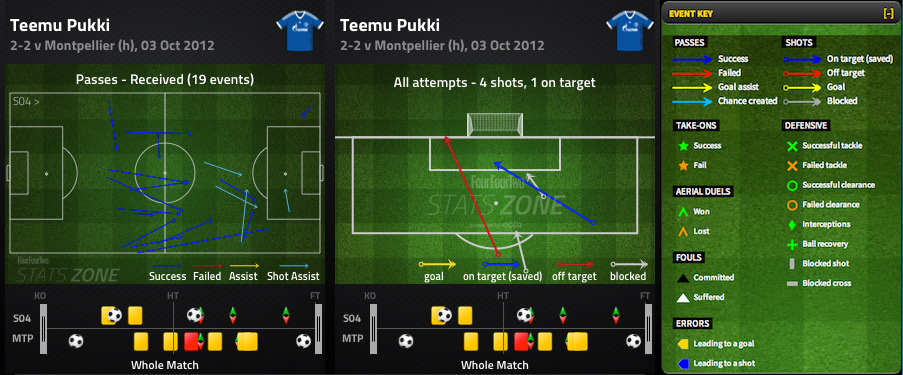
Perhaps the earlier group game against Montpellier gives a better indication of what Pukki will add to Celtic. The youngster prefers to cut in from the right, and this may give him a chance to link with Samaras.
Celtic’s group stage qualification will give the young Finland international an opportunity to grow on a European stage; meanwhile, the domestic season all but guarantees him a chance to win silverware.
At least that’s what the champions will hope; time will tell how well the new-look frontline works, at home and abroad.
